SWaDE: Satellite-based water demand estimation

THE QUESTION
Can AI make solar mini grids a more reliable energy source for powering irrigation in Ethiopian farms?

LOCATION: Ethiopia
SECTOR: Agriculture
TECH: Satellite data, ground data
TIMELINE: September 2024 - March 2025
PIONEER: Nina Hissen, Sehr Syed
PARTNERS: SWaDE
The Challenge
Agriculture is Ethiopia’s leading economic activity, accounting for a substantial portion of national GDP. Yet, the country is vulnerable to droughts induced by climate change. Droughts have led to severe food shortages in some parts of the country, as 90% of Ethiopia’s agricultural production is rainfed. After four years of adverse weather conditions, building resilience in the country’s agriculture sector is highly important.
Irrigation is critical to fostering steady agricultural production. However, irrigation requires farmers to have access to affordable energy, something that is limited in the rural areas of the country. High and increasing fuel costs for diesel pumps make these unaffordable for most farmers and trap people in poverty. There is a need to provide affordable energy access to irrigate rural areas, otherwise the cycle of food shortages and poverty is likely to continue.
The Idea
What if we could use solar mini-grids and pumps in order to provide a cheap and environmentally friendly source of energy? While that may sound like an easy solution, in practice there are several problems with doing so.
Issues with the deployment and management of these solar mini grids has led to inaccurate estimations of energy demand, creating problems for farmers. Investors don’t trust the solar mini-grids and the unreliable forecasting methods used to work out demand. Furthermore, conflicts have emerged between upstream/downstream farmers over water usage.
But there is hope for a solution using frontier tech - by applying AI-based software called Satellite Based Water Demand Estimation (SWaDE), we may be able to forecast water and energy use better than any human can. SWaDE uses cutting-edge AI algorithms to gather and interpret satellite imagery from a wide range of sources. It also uses agricultural data - for example soil moisture, surface temperature - to calculate expected energy usage.
By using SWaDE, we can demonstrate that solar mini-grids and pumps are a reliable tool in irrigation technology. This will please commercial investors and local authorities, and hopefully lead to more people using solar mini grids and pumps. The overall result is a better deal for farmers.
Our learnings and stories so far
As AI capabilities evolved at breakneck speed, the DevExplorer team rebuilt their tool three times in a single year. This blog reflects on the technical and organisational lessons learned from building an LLM-powered product for international development in a rapidly shifting AI landscape.
We’re looking for a strategic advisor that can help the FOUND pilot, supported by the Frontier Tech Hub, move away from early-stage thinking towards questions of impact, adoption, sustainability and influence.
Around the world, people are looking forward to different celebrations to mark the end of the year. We’ve been counting down the days in December with a list of films to settle down to watch, to remind your brain what’s possible when imagination, innovation and frontier technologies collide.
Despite growing confidence in AI, there’s more appetite than ever to experiment with and learn about it in safe, low-risk ways. Here are three ways we've been intentionally creating space to play with AI.
While AI tools for monitoring forest cover exist already, these solutions are often trained on data that does not apply across other contexts. Our pilot in Tanzania found that impact depends on local skills, institutions, and long-term ownership.
Can banana-fibre paper reduce nematode-related losses in white yam production in northern Ghana? Our two discovery reports outline the promises of a novel nature-based solution and the practical steps towards real-world adoption.
What happens when climate-driven forest fires outpace the capacity of existing fire detection and response mechanisms? Our pilot in Pakistan looked at how AI can enable early-warning systems for forest fires. Read the findings here.
Tackling the illegal wildlife trade is made harder by the limited tools to accurately identify species and determine their origin. Our MinION pilot in Colombia looked at portable DNA sequencing for better wildlife protection.
Gaps in WASH asset data mean that broken water points often go undetected, disproportionately affecting remote and marginalised communities. This pilot looked at how AI-assisted validation could strengthen oversight and ensure WASH infrastructure issues are addressed before they escalate.
Rapid digitisation of local health systems risks leaving behind those most in need of services. This report examines how practical digital features can improve visibility of vulnerable patients and support more equitable outreach.
Each month we take one global critical challenge and explore what’s happening on the frontier of innovation. This month we're On the Frontier of Biodiversity Data.
Driven by the rise of AI tools and the explosion of the global datasphere, governments are facing a rapid shift in how data is created and used. This blog examines the new skills and organisational changes needed for governments to use AI for data analysis responsibly and effectively.
The tiny tweaks, big-time losses and moments that lead to better solutions for those who need them most.
Explore related pilots
Curious about how frontier technologies are impacting agriculture and farmers? Click below to read about our related work 👇🏽
Can banana fibre paper help fight parasitic nematodes and protect white yam crops?
Can producing high-purity silica from agricultural waste develop a new supply chain for semiconductors and create jobs?
Can satellite and ground data provide insights for due diligence requirements in a sustainable cocoa production market?
Can IoT sensor technologies improve beekeeping productivity?
Can existing low-cost, low-power wireless IoT sensor technology be adapted to reliably measure and transmit data on parameters critical to insect growth?
Can hydroponic fodder provide an eco-friendly way for cattle raisers to access fodder, increasing the year-round availability of feed and reducing pressures on land use and associated conflicts?
Can using drones as a complementary technology be successful in tackling desert locust invasions in East Africa?
Can the provision of a pay-as-you-go cold storage platform reduce food waste and increase financial sustainability and productivity of smallholder farmers and market vendors in Zambia?
The Frontier Tech Hub works with UK Foreign, Commonwealth and Development Office (FCDO) staff and global partners to understand the potential for innovative tech in the development context, and then test and scale their ideas.

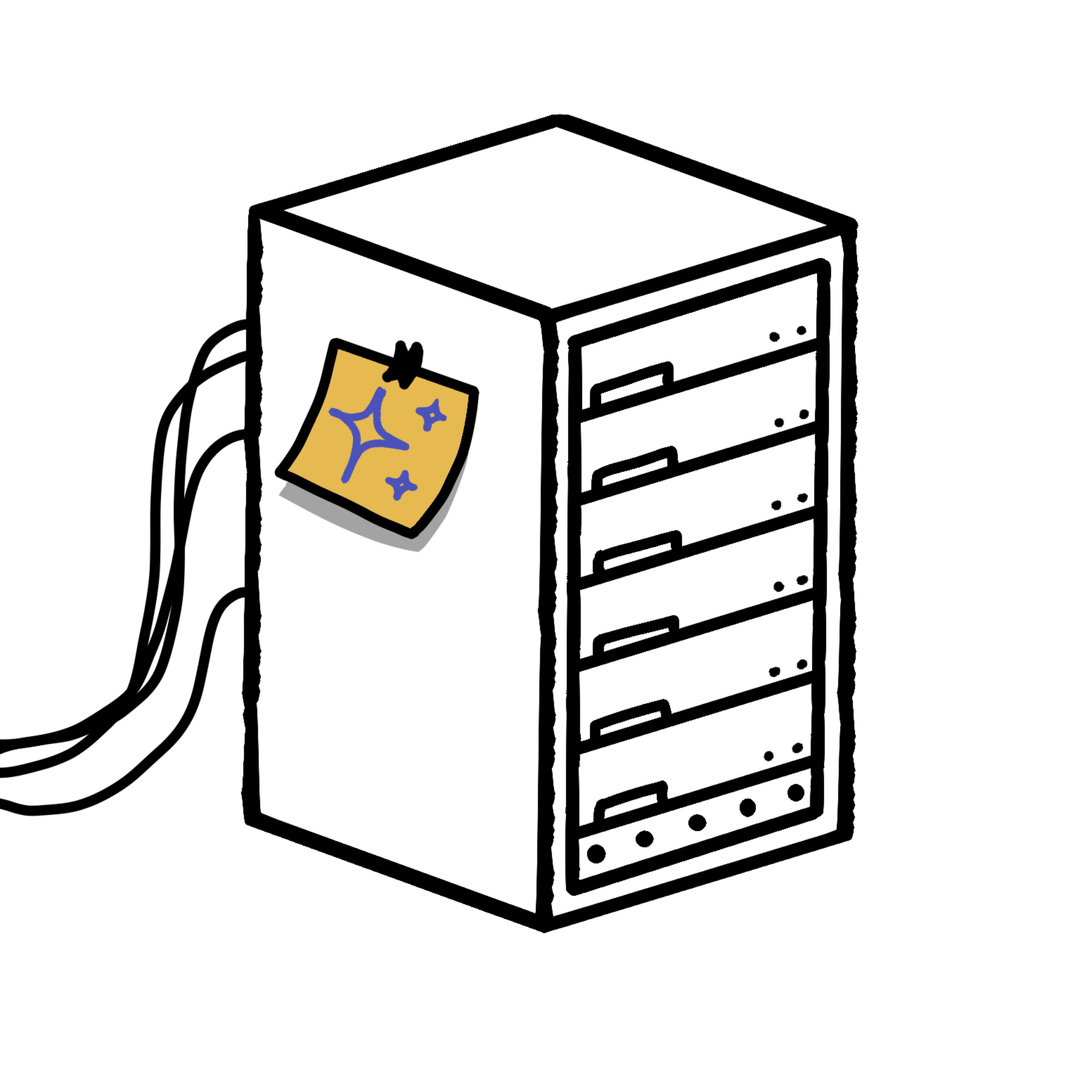
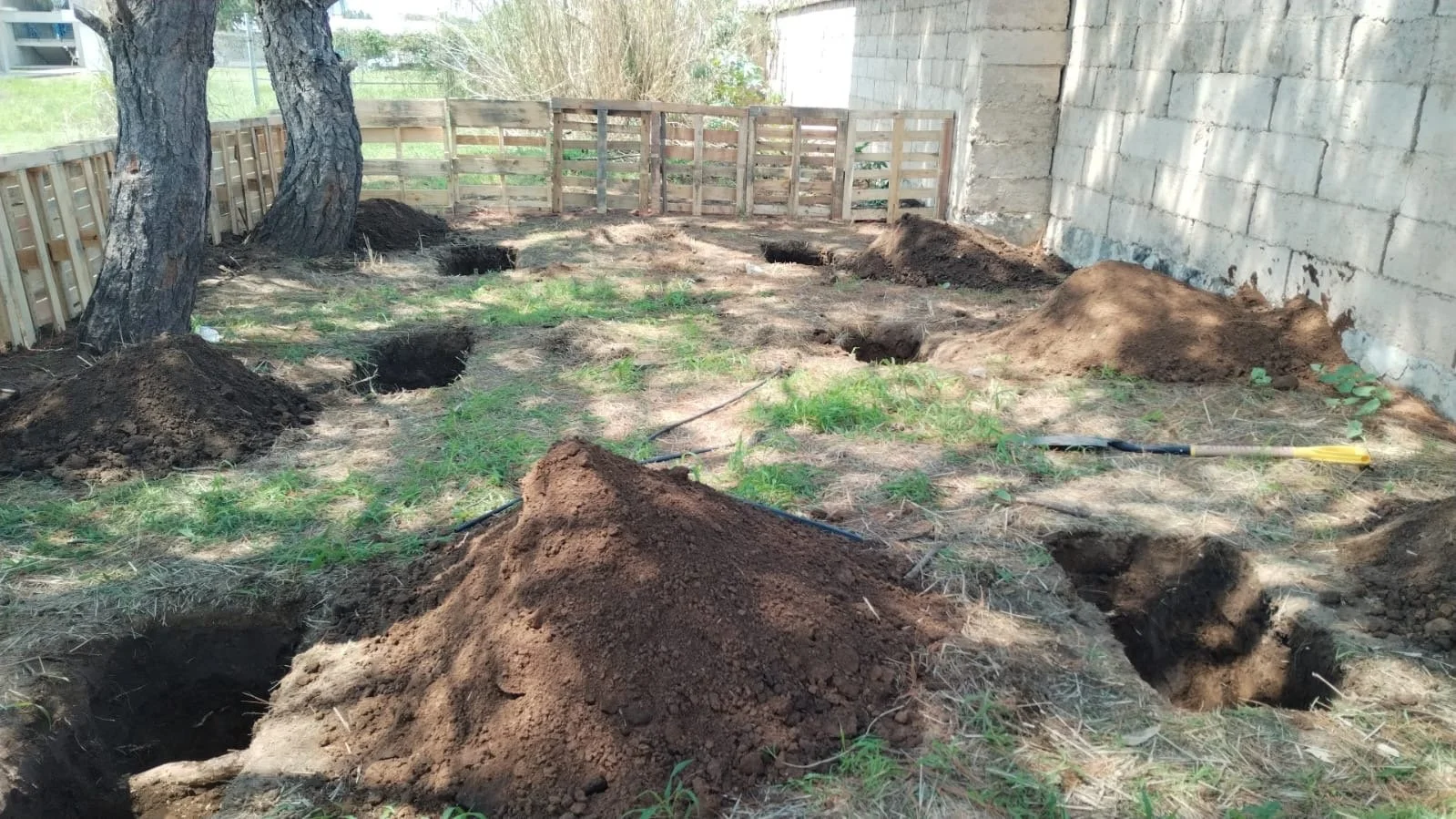














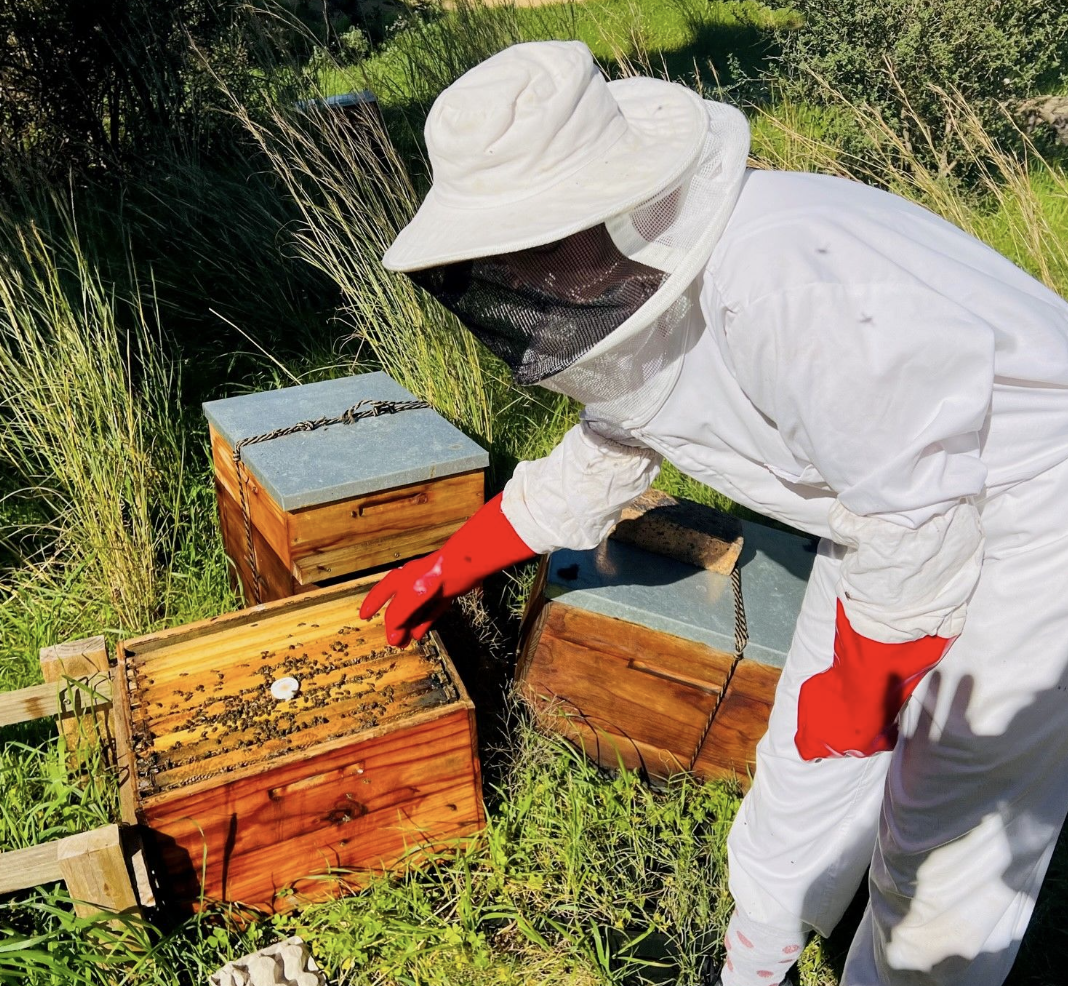
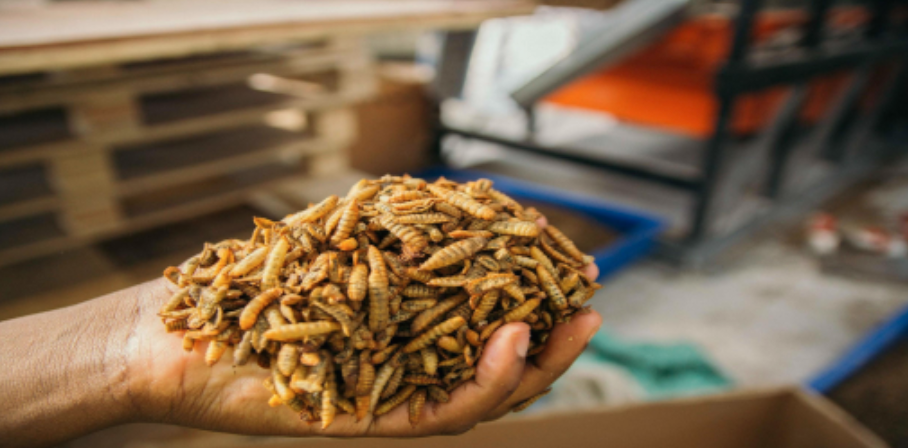


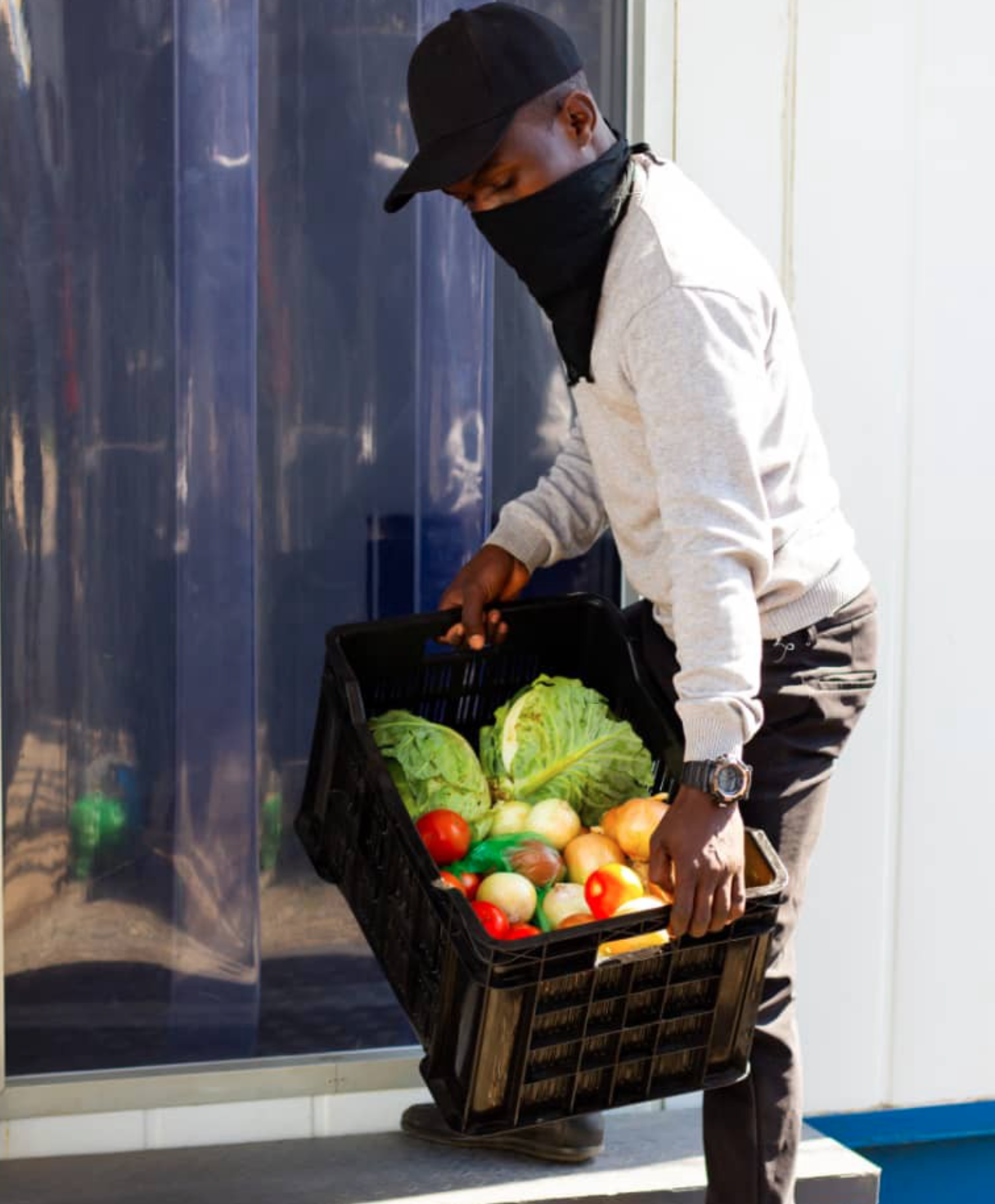
From Tanzania and the Sahel to Ukraine, Mexico, and Southeast Asia, this new cohort reflects a drive to design and harness tools for the fragile systems, low-connectivity environments, and real institutional constraints that need innovative solutions more than ever.